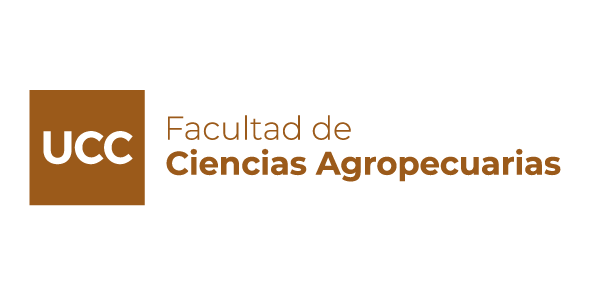Evaluation of the genetic toxicity of yerba mate (Ilex paraguariensis) in Allium cepa
DOI:
https://doi.org/10.22529/me.2024.9(1)06Keywords:
yerba mate, toxigenic fungi, genotoxicity, Allium cepaAbstract
INTRODUCTION: Yerba Mate is an infusion made from the leaves of the (Ilex paraguariensis), a plant of the Aquifoliaceae family. It is a drink that is consumed mainly in South American countries such as Argentina, Uruguay, Brazil, and Paraguay; and is achieving greater penetration in the United States as in other countries of the world.
OBJETIVE: The present study evaluates the genotoxicity of yerba mate (Ilex paraguariensis), previously tested for the presence of toxigenic fungi in specific crops.
MATERIAL AND METHODS: For genotoxicity study the Allium cepa test system was used and the meristematic cells were treated with mate infusion, with distilled water as negative control and dimethyl sulfoxide (DMS) at 0.2% as positive control.
RESULTS: Root growth was reduced depending on the concentration and the study cell proliferation, was observed that the frequency of mitotic cells was reduced progressively as the concentration of yerba mate increased. On the other hand, it was observed increase in the frequency of aberrant cells with the highest yerba mate concentration (1400 ug/ml).
CONCLUSIONS: The findings of this study show that yerba mate induces clastogenic effects in the roots. Allium cepa meristematic
Published
How to Cite
Issue
Section
License
Copyright (c) 2024 Methodo Investigación Aplicada a las Ciencias Biológicas

This work is licensed under a Creative Commons Attribution-NonCommercial-ShareAlike 4.0 International License.




















